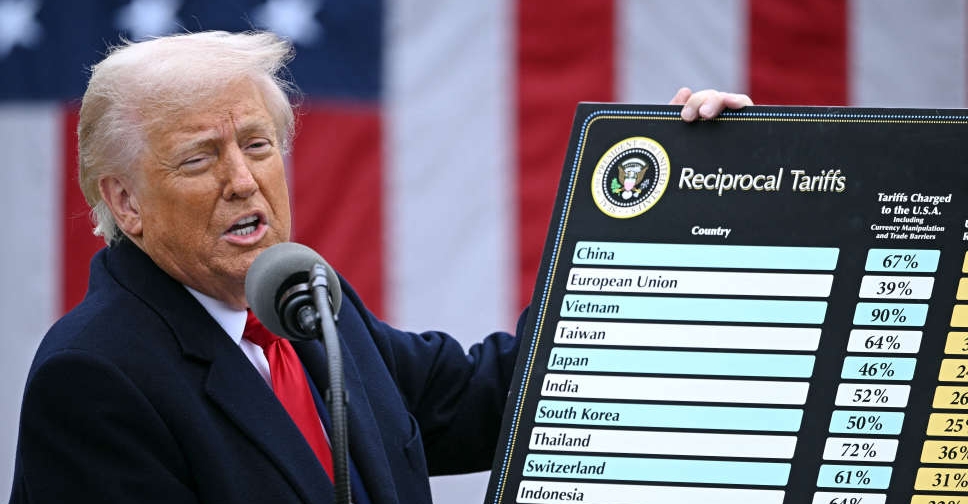
The Philippines is considering regulations for digital currencies as the government seeks to bolster protection for the increasing number of overseas Filipinos using bitcoin and its counterparts to send money home. The volume of transactions involving digital currencies is “rising very quickly” because they offer a cheaper and quicker way to move cash than through regular remittance channels, Nestor Espenilla, a deputy governor at the central bank, said in a December 19 interview at his office in Manila. “We are concerned with potential money laundering and consumer protection,” said Espenilla, who heads the central bank’s supervision and examination unit. “We are studying putting virtual currency exchange operators under a more formal regulatory framework.” The central bank is bolstering its anti-money laundering efforts after money from one of the largest heists in modern history found its way into the Philippines earlier this year, and after a series of high-profile security breaches at bitcoin exchanges. In August, hackers stole about $65 million of bitcoin from a Hong Kong-based exchange. Almost three years ago, Tokyo-based Mt. Gox, once the largest bitcoin exchange in the world, disclosed it was hacked and filed for bankruptcy weeks later. Bangko Sentral ng Pilipinas estimates the volume of remittance transactions involving virtual currencies has risen to at least $2 million a month. While for now that represents a small proportion of the record $25.8 billion of funds Filipinos working abroad sent home last year, it signals the need to regulate the use of digital currencies, which are currently governed by a “mere advisory to the public” about their pros and cons, according to Espenilla. (Siegfrid Alegado/Bloomberg)

 Dana Gas and Crescent Petroleum exceed 500M boe in Khor Mor field
Dana Gas and Crescent Petroleum exceed 500M boe in Khor Mor field
 China to impose tariffs of 34% on all US goods
China to impose tariffs of 34% on all US goods
 Shares bruised, dollar crumbles as Trump tariffs stir recession fears
Shares bruised, dollar crumbles as Trump tariffs stir recession fears
 Wall Street futures sink as tariffs fuel recession fears
Wall Street futures sink as tariffs fuel recession fears
 Trump to impose 10% tariff on UAE, Saudi Arabia imports
Trump to impose 10% tariff on UAE, Saudi Arabia imports




